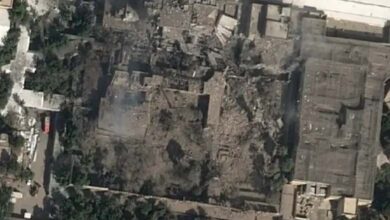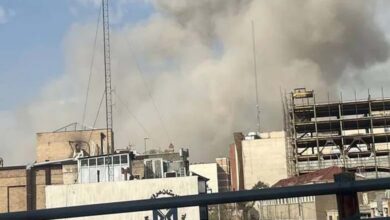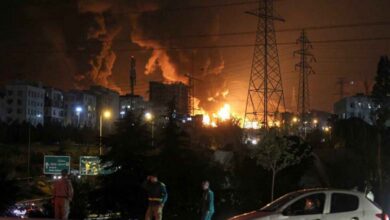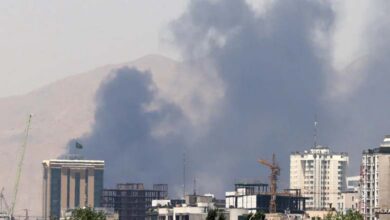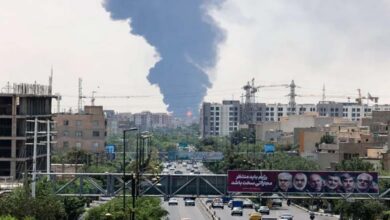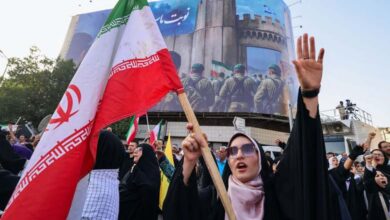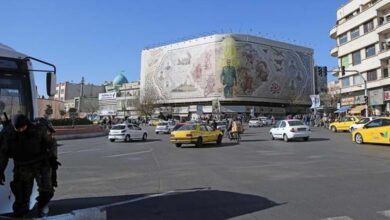Iranian official’s call to sell islands reveals the scale of the economic crisis
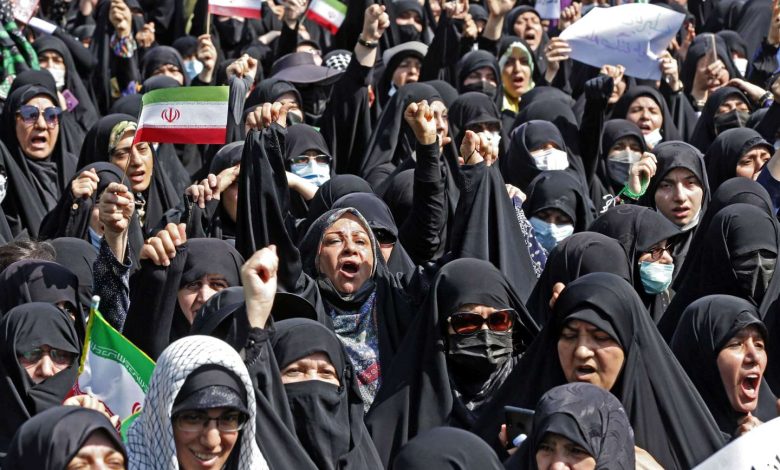
Iran’s Ministry of Labor and Social Affairs has fired Sajjad Badam, the director general of the country’s Social Insurance Institution, following controversial comments about selling islands in the Gulf to pay pensioners’ salaries.
Iranian media quoted Sajjad on Tuesday in statements in which he indicated that his country may be forced to sell the Kish and Qeshm islands in the Gulf and the Khuzestan province to pay the salaries of retirees, while the economic crisis has become the biggest challenge to Iran, which is witnessing internal protests.
Sajjad said Greece went through this process by selling 100 islands to meet the demands of the pension system, and Iran is moving in the same direction.
Greece suffered years ago from an economic crisis that forced it to sell a handful of islands to raise funds, but the move has drawn widespread criticism from opposition forces.
The remarks aroused wide criticism from the Iranian public, prompting the Ministry of Labor and Social Affairs to announce Badam’s dismissal on Thursday.
The ministry said in a statement that Badam was fired because of his “baseless” remarks.
Despite Iran’s insistence on not respecting international law, especially about the nuclear file, its support for armed groups in the region, and its defiance of sanctions, its effects have begun to appear in the recent past.
This is not the first time that Iranian officials have spoken about the negative effects of international and American sanctions on the Iranian economy. Majid Khorshidi, the political assistant to the governor of Bushehr, said years ago that American sanctions had broken the back of the economy in his country and put it on the verge of collapse.
“Under former president Donald Trump, the United States has sought to export Iranian oil to increase pressure on Tehran over its failure to uphold the nuclear deal, and under current president Joe Biden, the policy of imposing sanctions has continued.”
Despite the Iranian government’s efforts to bypass sanctions, strengthen economic cooperation with other countries, such as China and Russia, or take advantage of the agreement with Saudi Arabia to resume relations economically, this has not led to overcoming the crisis.
Any economic collapse in Iran is expected to lead to an escalation of protests, especially from the youth, who are living in a state of frustration and lack of horizon, which the Western powers, especially Washington, are counting on.
Important hard currency sectors such as oil and tourism have been affected by policies that seek to further aggravate conditions in the region.


